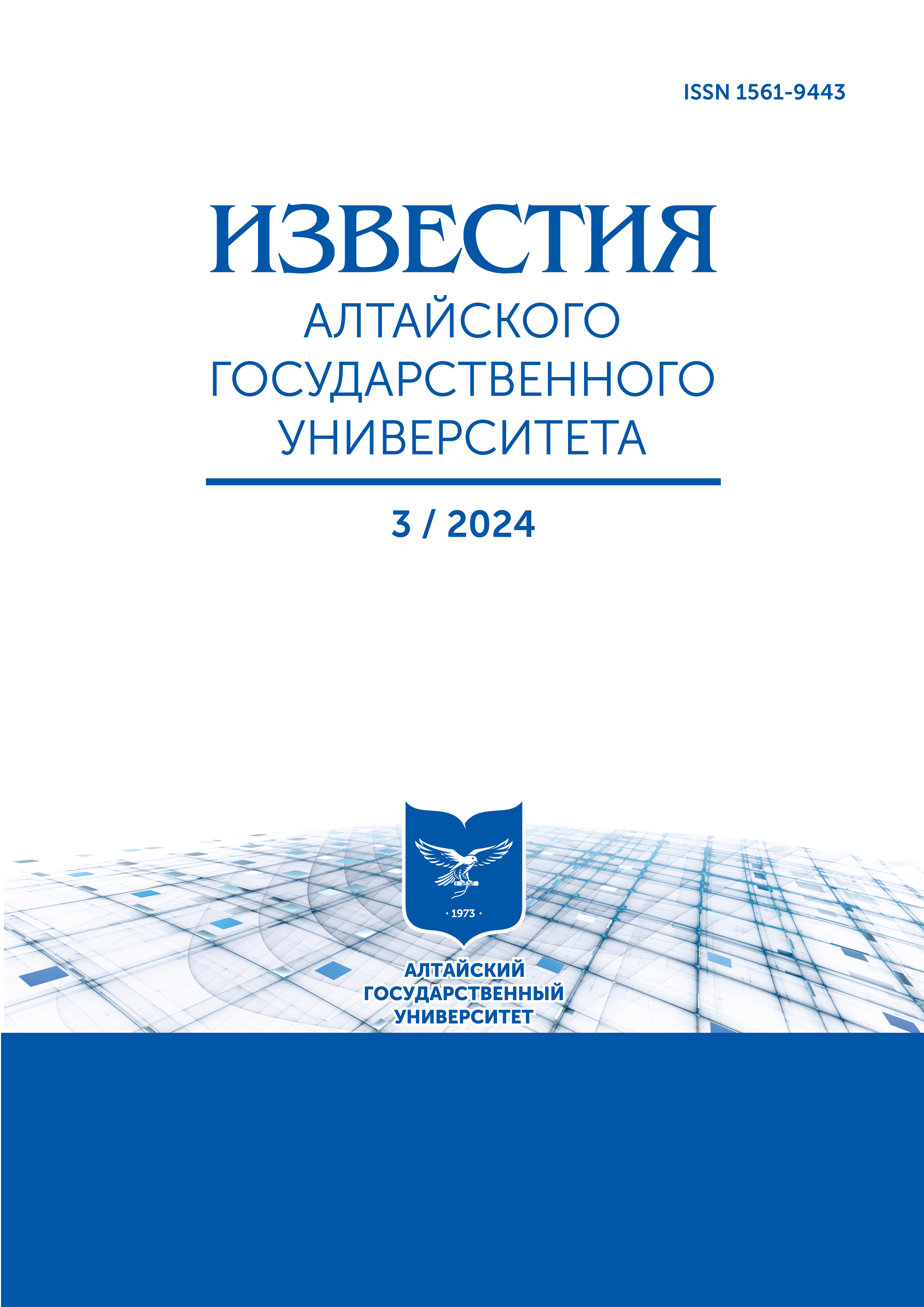The Memory of Mass Political Repressions in Regional Museums: Mnemonic Strategies and Practices
УДК 94(47).084:069.013 ББК 63.3(2)614-361 + 79.147.11
Abstract
Based on the analysis of observation data in the Republic of Mordovia, the article characterizes the content of representations of Soviet mass political repressions in local history and departmental museums ofrepublics in structure of the Russian Federation as administrative regions belonging to the institutional heritage of the Soviet era, identifies the social functions of fragments of museum expositions devoted to repression in the region and the main strategies of commemoration, including historicization (deactualization) of trauma repression, emphasizing the connection with the civil war and the victims on both sides of the conflict, problematization ofthe Soviet heritage as the basis ofrepublican identity and recycling of the Soviet cultural heritage in order to construct a positive corporate and territorial identity. Based on a comparison with the functions of modern memorial museums, the social functions of fragments of museum expositions dedicated to repressions in the region are revealed. Author states the interest of museum workers in the topic of repression and its exposure in the form of emotional message, explaining the differences between the representations of the Soviet past in provincial local history museums and the concepts of the State Museum of Gulag History or museums of postsocialist countries not only by the lack of professional retraining, but also by the specifics of the regional social context and the variety of potential historical objects for retraumatization.
Downloads
Metrics
References
Политика аффекта: музей как пространство публичной истории / под ред. А. Завадского, В. Склез, К. Сувери-ной. М. : Новое литературное обозрение, 2019. 400 с.
Simko C. Marking Time in Memorials and Museums of Terror: Temporality and Cultural Trauma // Sociological Theory. 2020. Vol. 38. № 1. P. 51-77. DOI: 10.1177/ 0735275120906430.
Sodaro A. Exhibiting Atrocity: Memorial Museums and the Politics of Past Violence. New Brunswick: Rutgers University Press, 2018. 226 p.
Koleva D. Memory Archipelago of the Communist Past. Public Narratives and Personal Recollections. Cham: Springer, 2022. 296 p.
Bogumil Z. Gulag Memories: The Rediscovery and Commemoration of Russia’s Repressive Past. New York: Berghahn Books, 2018. 302 p.
Голубев А.В. Прокрустово ложе бинарных оппозиций // Историческая экспертиза. 2017. № 3. С. 58-64.
Gavrilova S. Regional Memories of the Great Terror: Representation of the Gulag in Russian Kraevedcheskii Museums // Problems of Post-Communism. 2021. Vol. 70. № 5. P. 1-15. DOI: 10.1080/10758216.2021.1885981.
Лёзина Е. XX век: проработка прошлого. Практики переходного правосудия и политика памяти в бывших диктатурах. Германия, Россия, страны Центральной и Восточной Европы. М. : Новое литературное обозрение, 2021. 584 с.
Рюзен Й. Кризис, травма и идентичность // «Цепь времен»: Проблемы исторического сознания. М. : ИВИ РАН, 2005. С. 38-62.
Франк С. «Ресайклинг» или «ресурс»? (Концепция культурного наследия советских 1930-х vs ЮНЕСКО) // Новое литературное обозрение. 2021. № 169 (3). С. 89-102.
Copyright (c) 2024 Ольга Анатольевна Богатова

This work is licensed under a Creative Commons Attribution 4.0 International License.
Izvestiya of Altai State University is a golden publisher, as we allow self-archiving, but most importantly we are fully transparent about your rights.
Authors may present and discuss their findings ahead of publication: at biological or scientific conferences, on preprint servers, in public databases, and in blogs, wikis, tweets, and other informal communication channels.
Izvestiya of Altai State University allows authors to deposit manuscripts (currently under review or those for intended submission to Izvestiya of Altai State University) in non-commercial, pre-print servers such as ArXiv.
Authors who publish with this journal agree to the following terms:
- Authors retain copyright and grant the journal right of first publication with the work simultaneously licensed under a Creative Commons Attribution License (CC BY 4.0) that allows others to share the work with an acknowledgement of the work's authorship and initial publication in this journal.
- Authors are able to enter into separate, additional contractual arrangements for the non-exclusive distribution of the journal's published version of the work (e.g., post it to an institutional repository or publish it in a book), with an acknowledgement of its initial publication in this journal.
- Authors are permitted and encouraged to post their work online (e.g., in institutional repositories or on their website) prior to and during the submission process, as it can lead to productive exchanges, as well as earlier and greater citation of published work (See The Effect of Open Access).








